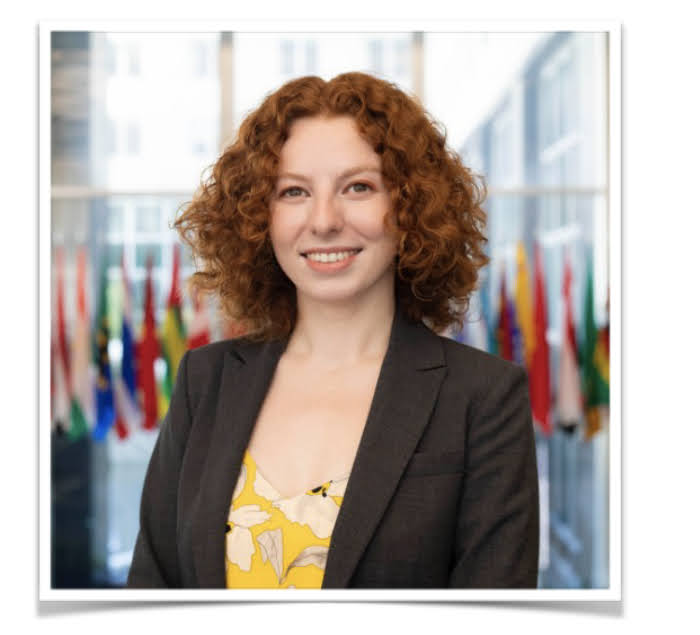

Meet the Glorious Women of Astronomy
Find out how Olivia Gaunt, a graduate student of astrophysics at the Tufts University, was inspired to pursue a career of her choice and her passion for foreign languages and cultures!
What drove you to pursue Astrophysics as a research career?
I knew I wanted to study physics, because I love puzzles and problem solving. I was also always interested in space, but couldn’t picture myself as an astronomer, because I’d never met one before! When I realized I could study space with the physics I was learning in class, I saw the spectacular opportunity I’d set myself up for by starting a physics degree—and I haven’t looked back since. I really enjoy the perspective I’ve gained from seeing the universe through the lens of science, and contributing to humanity’s knowledge of the cosmos is extremely rewarding for me.
What hardships did you go through while being in your field?
At every stage of my physics career, I’ve had people tell me that physics was just too hard for me, and that I should choose something easier to study. When you’re young, it’s very easy to believe these people. However, for each person who discouraged me along the way, there was a peer or mentor who kept me going! Now when I face a difficult problem in my field, I believe that I can solve it, rather than doubting myself first.
Could you share your biggest learning in the course of research?
Learning doesn’t take place overnight. Just because a concept has been taught in class, doesn’t mean you’ll understand it perfectly going forward. It will sometimes take a few exposures to an idea to fully grasp it, and asking questions along the way is the best thing you can do for your own learning.
Apart from research, what hobbies do you share?
Beyond physics and astronomy, I also love to study foreign languages and cultures—an interest that has given me a great passion for cooking and eating delicious foods! Outside of academics, I enjoy music of all kinds. I’ve been a vocalist my whole life, and love attending live music shows to let loose.
As a science graduate, how would you like to contribute to the science community?
Personally, I place a very high value on mentoring. The mentors I had are the reason I continued through my undergraduate physics degree, and now onto graduate school. I hope to inspire and encourage young folks to persevere in this field, and help to make the science community a more diverse and accepting place.
What are your thoughts on Women in STEM?
I think that women in STEM still face a lot of challenges. Although more and more women are enrolling in physics undergraduate programs, their retention rate is lower than that of men in the same programs. If they do graduate with an undergraduate physics degree, many will not feel that they have what it takes to attend graduate school. I hope that as more women achieve highly in academia, younger women will follow in their footsteps.
